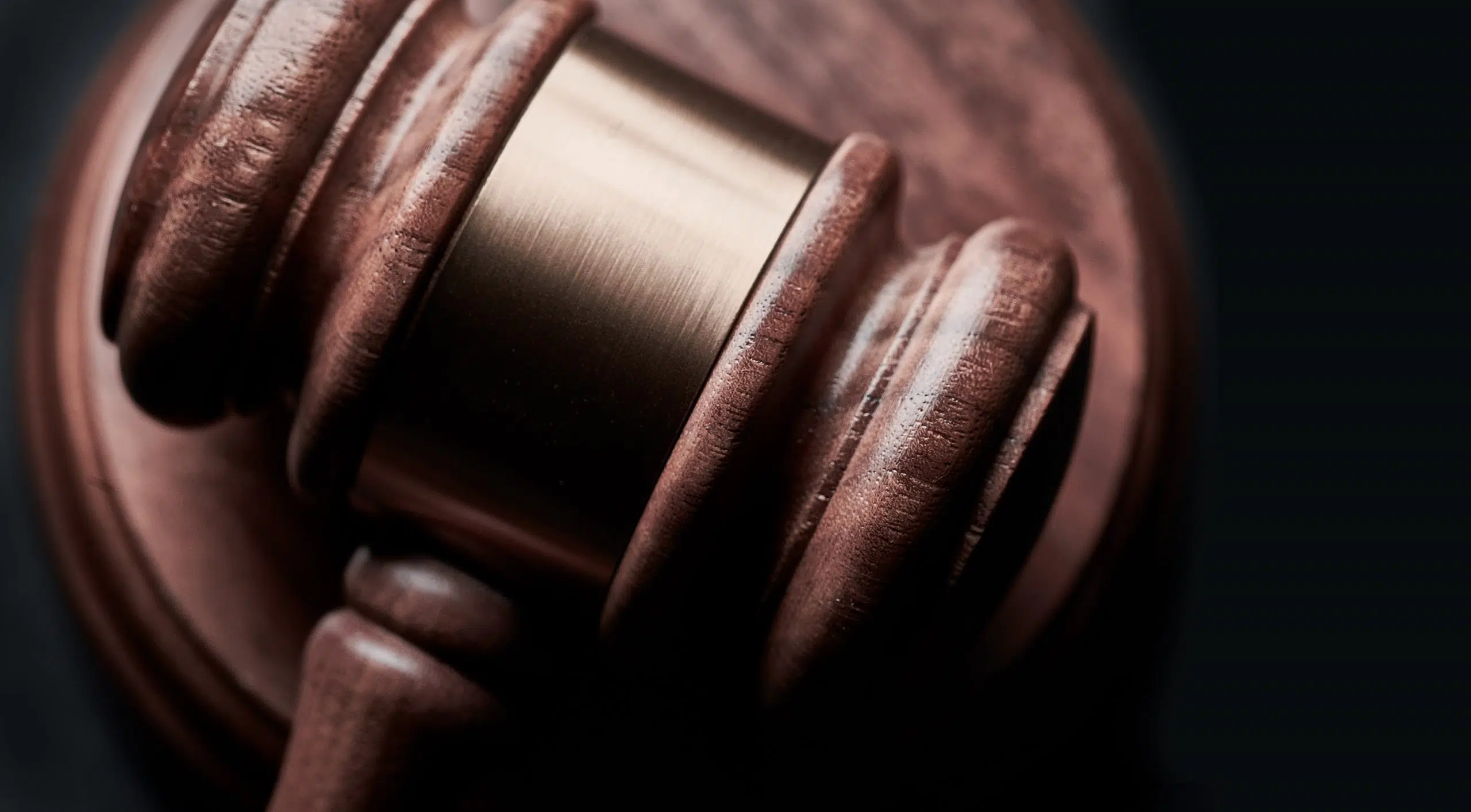GREEN BAY, WI (WTAQ-WLUK) – The state can prosecute crimes which take place on Oneida Nation land and between tribal members, a state appeals court ruled Wednesday.
Douglas House, 74, was convicted of second-degree sexual assault and sentenced to five years in prison for the June, 2018 incident at a Hobart home.
“House claims that both he and the victim are registered members of the Oneida Nation and that the crime took place on Oneida land. House therefore asserts that the State of Wisconsin lacked jurisdiction over the crime, and, accordingly, his conviction must be reversed,” the case summary states.
But in a 13-page decision issued Wednesday, the state court of appeals rejected House’s argument that Public Law 280 — granting the states the right to prosecute crimes on tribal lands — is unconstitutional.
“In essence, House argues that Public Law 280 is unconstitutional because the Oneida Nation is a sovereign nation, and nothing in the text of the United States Constitution grants Congress plenary power over sovereign Indian nations We reject House’s argument because it is contrary to controlling United States Supreme Court precedent Based on the authorities discussed above, we reject House’s argument that Public Law 280 is unconstitutional because Congress lacked the authority to enact it. The United States Supreme Court has clearly held that Congress has broad, plenary power “to legislate in the field of Indian affairs,”” the court wrote.
House did not dispute that he committed the crime he was convicted of.
House currently resides at the Oshkosh Correctional Institution, state records show.







Comments